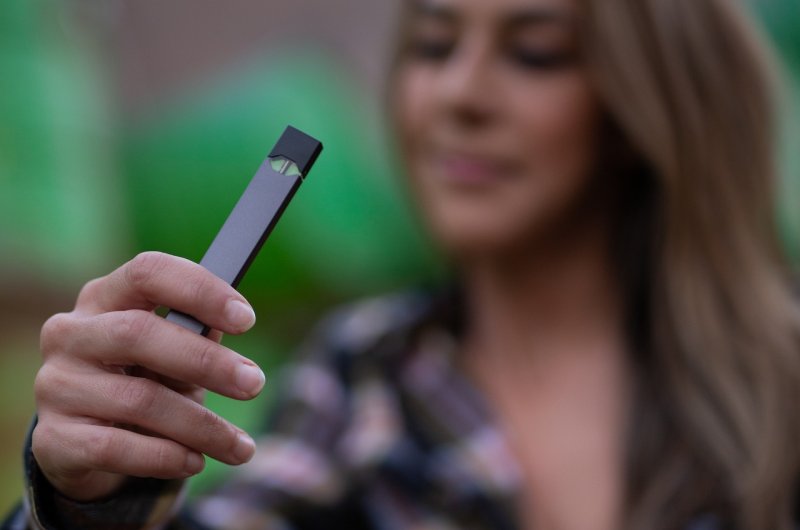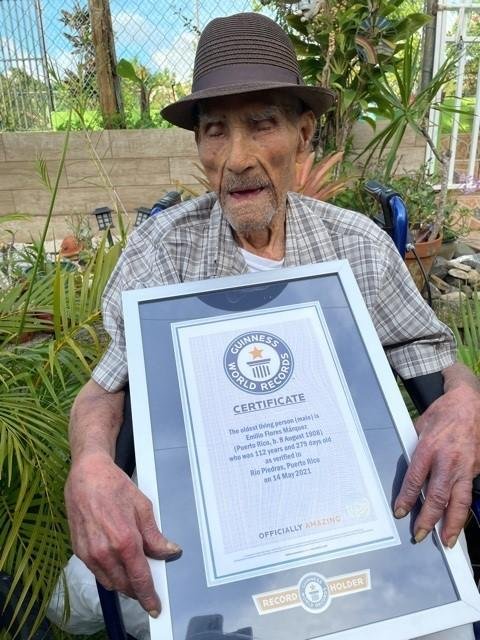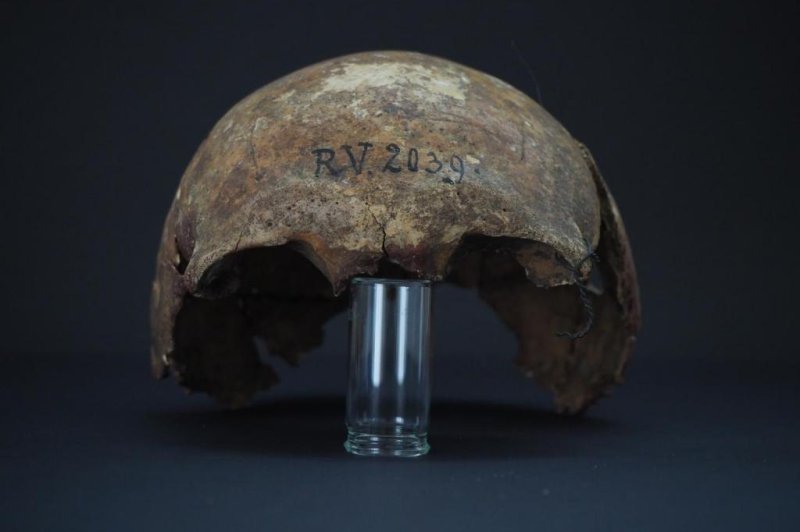Juul agrees to pay $40M to settle accusations its ads targeted teens

As part of the settlement, Juul can only sell its products over-the-counter in North Carolina stores and must use third-party age verification systems for online sales. Photo by sarahjohnson1/Pixabay
June 28 (UPI) -- E-cigarette manufacturer Juul Labs has agreed to pay $40 million to the state of North Carolina to help mitigate vaping by underage users, according to a settlement announced Monday.
The settlement ends years of accusations by state officials that Juul, through its marketing practices, helped fuel a substantial increase in vaping among teenagers.
As part of the settlement, Juul can only sell its products over-the-counter in North Carolina stores and must use third-party age verification systems for online sales.
Also, Juul will no longer sell sweet or fruit-flavored vape pods in North Carolina -- and must send teen "mystery shoppers" to 1,000 stores each year to see if products are being sold to minors.
RELATED 'Ice' flavored e-cigarettes may increase nicotine dependence risk in vapers
"For years Juul targeted young people, including teens, with highly addictive e-cigarettes," North Carolina Attorney General Josh Stein said in a statement.
As part of the deal, Juul does not admit to any wrongdoing.
"We seek to continue to earn trust through action," the company said in a statement.
RELATED Study: Youth vaping down, but 1 in 5 U.S. teens still using e-cigarettes
"This settlement is another step in that direction."
The settlement to North Carolina will be paid out over six years and go toward combating youth vaping.
"We support the [state's] desire to deploy funds to generate appropriate science to support North Carolina's public health interventions to reduce underage use," Juul added.
"This settlement is another step in that direction."
The settlement to North Carolina will be paid out over six years and go toward combating youth vaping.
"We support the [state's] desire to deploy funds to generate appropriate science to support North Carolina's public health interventions to reduce underage use," Juul added.
RELATED Investigation discredits studies suggesting lower COVID-19 risk for smokers
Dozens of prosecutors have investigated Juul and its marketing practices in recent years. The Federal Trade Commission is also suing Juul after Altria, the largest U.S. tobacco company, for withdrawing its e-cigarette Mark Ten from the market in exchange for part of Juul profits.
Thirteen states, including California and New York, have filed similar suits against Juul. The Food and Drug Administration is expected to announce in the coming months whether Juul vaping products are a danger to public health.










